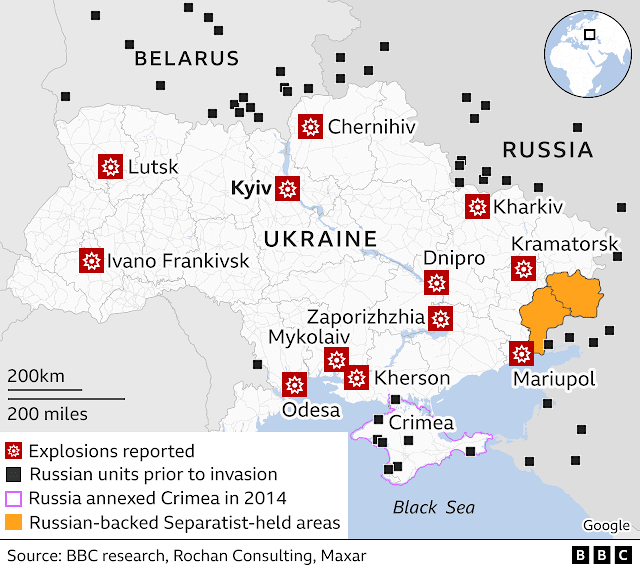TOPIC: Nord Stream 2 and its Geopolitical Implications Between Europe and Russia
Nord Stream 2 is a seemingly innocent energy infrastructure, attempting to provide cheaper energy prices for millions of Europeans, most particularly, Germans. However, the project has serious geopolitical implications and these are only emphasised in the current political climate, with Russian troops amassing on the Ukrainian border. A Russian invasion in not certain, but the Russian military preparations are certainly ominous. But how does Nord Stream 2 fit in to the current crisis?
What is Nord Stream 2?
Nord Stream 2 is an $11 billion pipeline developed by the Russian state-owned Gazprom, running across the Baltic Sea that transports Russian gas from western Siberia to Germany. It aims to improve on the already existent Nord Stream 1 pipeline, by doubling its capacity. The project could ultimately heat up to 26 million German homes at affordable prices and cut Gazprom's operating costs by $1 billion annually, with the physical project completed in September 2021. However, the pipeline is still yet to get the go-ahead from German regulators, which the owner of the pipeline, Gazprom, needs to begin operations.
The Issues with Nord Stream 2
Though Germany and Russia are insistent that Nord Stream 2 is a solely commercial project, Nord Stream 2 has serious geopolitical implications. Nord Steam 2 will seriously alter the way in which gas arrives in Europe by bypassing Ukraine, depriving Kiev of $2 billion in transit fees. Not only will it deprive Kiev of transit fees, it could expose Ukrainian energy security as well as removing a key bargaining chip for Kiev. Thus, Ukraine views the project as a means by which to isolate Kiev and divide the support of its western allies in the case of conflict between Russia and Ukraine. Indeed, many in the United States have taken the same view, seeing the pipeline as a tool for which to undermine energy and national security in a Europe where gas prices are already soaring. This has led to a lobbying battle in the US to impose sanctions on the energy infrastructure project. Ukrainian President Volodymyr Zelenskyy had asked the senate to impose the sanctions, whilst Germany had asked the opposite. Ultimately, on January 13th the US senate failed to pass the sanctions bill that was brought by US Republican Senator Ted Cruz, largely due to heavy lobbying by President Biden himself. Biden feared the impact sanctions could have on US-German relations, as well as the possibility that the sanctions could heighten tensions further between Russia and the west. As such, Biden went so far as to waive sanctions on the Russia-owned company running the pipeline project as far back as last May, as part of an agreement with Germany.
Yet despite there being no sanctions, Nord Stream 2 remains a very divisive project within NATO and across Europe as a whole. Poland, the Baltics and other NATO allies strongly oppose the division created by the project and view German co-operation as extremely detrimental to European unity. For Germany, the pipeline is still deeply important, as reliable gas supplies are necessary to shore up the new coalition governments domestic support. However, there is a flip side to the vulnerability Nord Stream 2 imposes on the west. The delaying of the certification process allows the project to remain a strong tool when influencing Russian behaviour. For Moscow, the pipeline removes the risks associated with moving between transit countries as well as being financially beneficial. As such, Moscow risks losing the project if it indeed goes on to invade Ukraine. For now though, it remains that Ukraine will be the biggest loser. If the pipeline is complete, it will lose out on vital revenues. If the Russians invade and the pipeline is halted, Ukraine will suffer even more.
 |
| Nord Stream 2 Route. Copyright Credit, Euronews. https://www.euronews.com/2022/01/24/what-is-nord-stream-2-and-how-does-it-link-to-the-russia-ukraine-crisis |


Comments
Post a Comment